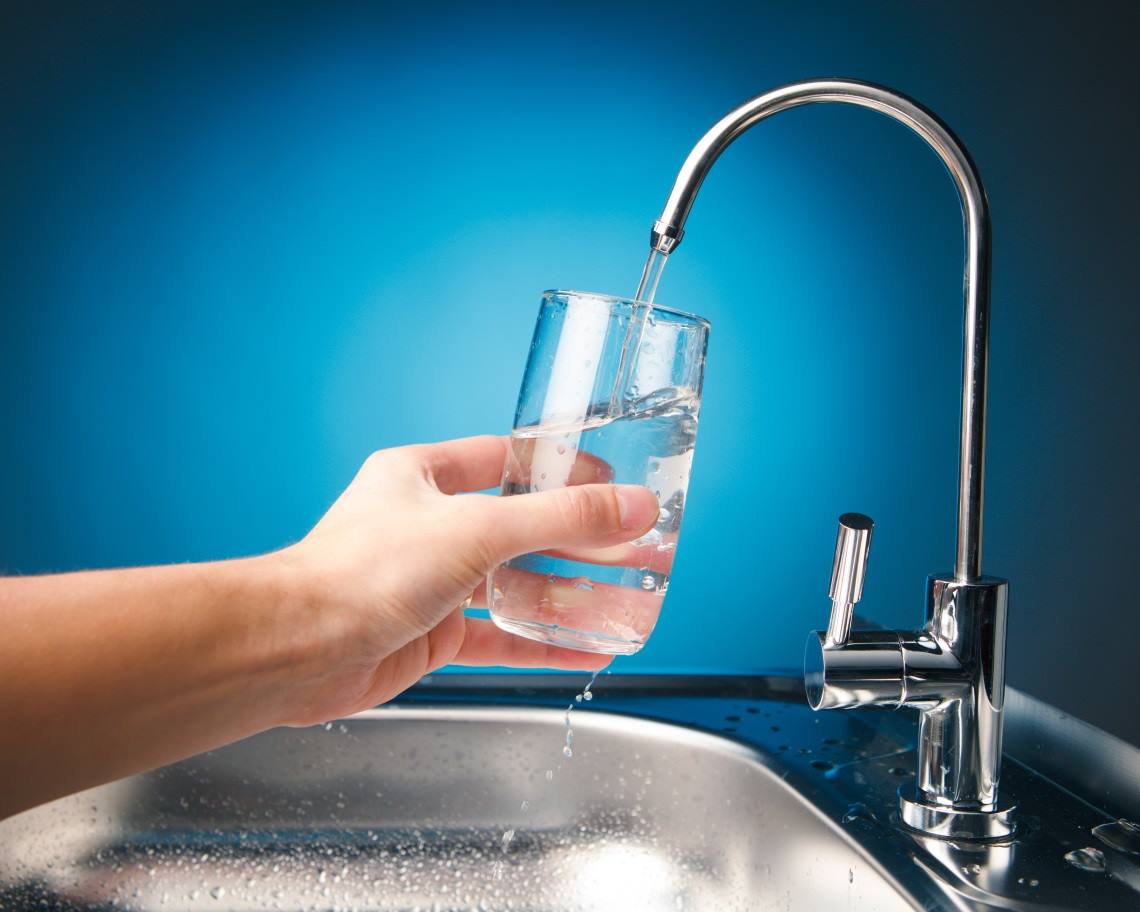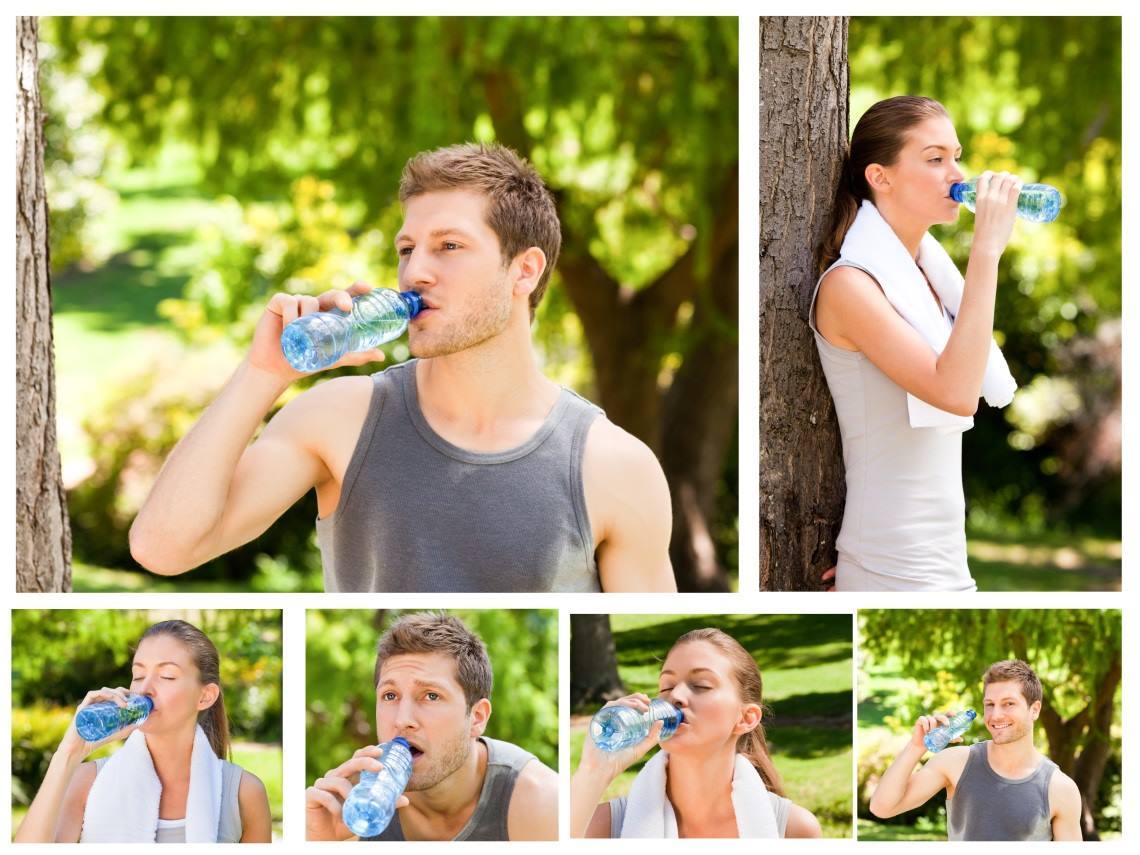- Improved Compliance
- Real Consumer Engagement
- Enable Digital Reorder
& Replenish
Tap Water vs. Bottled Water
In our society there are many sources where you can get your water; tap water, bottled water, collected rainwater and even well water.
In our society there are many sources where you can get your water; tap water, bottled water, collected rainwater and even well water. Most people choose a water source that best suits their needs and is readily available. In our consumerist society, bottled water companies have flooded the market with different varieties of water and so many options it can be hard to choose the best one. In recent reports, it has been uncovered that these bottled water sources may not be as “pure” as originally thought and some may actually be sourced from tap water. There have been many conflicting viewpoints on which water is “better” but overall it depends on the consumer and their location.
So how can we pick the best water source? In this post we will analyze the different ways that tap water differs from bottle water – specifically the pros and cons of each type and how they compare with each other. As more and more people are avoiding sugary drinks and sodas, it is important to know about water so that consumers can pick the healthiest choice for their hydration needs.
Tap Water
Advantages
The obvious advantage to tap water is its widespread and constant availability. All you have to do is turn on your faucet where municipal water is supplied for a small monthly fee. The purity of the tap water sources vary dependent on the municipality and location but the majority are held to a high standard. In the U.S. the tap water supply is monitored under the Safe Drinking Water Act of 1974 which means that it is overseen by the Environmental Protection Agency. The EPA is constantly updating its standards and regulations on chemical and microbial contaminants and continuously monitors municipal water sources to make sure that they meet these standards. Tap water also contains fluoride which can have added health benefits especially for the teeth and gums. It is recommended that children require more fluoride in their diet for their developing teeth and drinking tap water is a great way for them to meet their daily requirements. The last obvious advantage is that tap water is the best and easiest eco-friendly resource. Since tap water is available through local pipelines and suppliers – there is no resource expenditure on manufacturing plastic bottles or shipping costs.
Disadvantages
Some consumers don’t like the way that tap water tastes or looks. In some areas, the tap water may have some variances from the highest EPA standards but that doesn’t mean they are not safe to drink. In these cases, the municipal water source could be contaminated from natural disasters or from old piping. There are at home filtration systems that can be used to prevent any noticeable tastes or impurities. These filtration systems can attach to the faucet head or piping and they have filtered containers that can be filled and left in the refrigerator. Outside of the U.S. tap water may not be as widely monitored to as high of standards or filtered the same way. It is best to use caution if you are in a developing country or one that doesn’t have a regulation agency in charge of tap water quality. Tap water can also be less convenient than bottled water as you can’t carry around a faucet. Some opt for bottled water when on-the-go or traveling because bottles are easy to transport. However, you can buy a metal or plastic reusable container that can hold water and be refilled in places with faucets or drinking fountains.
Bottled Water
Advantages
Over the years, bottled water has become very popular, especially among the younger, more health conscious populations. They like the variety and purity that comes from drinking bottled water. There are many different types of bottled water (see our other posts on Electrolyte Water and Distilled Water) making it easy for consumers to choose which type fits their hydration requirements. The availability of bottled water also makes it more accessible for consumers to have access to clean drinking water. Since bottled water is sold nearly everywhere – there is no shortage in the water supply. This is especially important for places that may not have access to a clean tap water source. Also in desert climates or harsh environments where water is scarce, bottled water offers a much needed alternative to dehydration.
Disadvantages
In some cities, legislators are making it harder to purchase bottled water. They have either outlawed the commercial sale of bottled water or raise the tax per bottle sold. This is to encourage the general public to use tap water sources or reusable bottles and to stop the effluence and litter of plastic bottles. Some municipalities have also installed more filtered public water faucets and drinking fountains so that it is more convenient for citizens to have access to tap water.
It has also been proven that some bottled water companies get their water from the tap or municipal water sources. Of course, the water goes through a more intense filtration process before bottling, but it still starts out as the same water. In addition, not all bottled water companies are as heavily regulated as tap water and may have more contaminants than other sources.
Conclusion
In the end it is best to consider all the aspects of your hydration requirements and decide on the best source for your needs. Some studies have shown that you may not be able to tell the difference between tap and bottled water. With that in mind it may be beneficial to explore the eco-friendlier option of drinking tap water. In the U.S. tap water sources are monitored by the EPA which makes sure there are no toxic or harmful contaminants in the water. If you don’t like the taste of tap water, there are at-home filtration systems that can alter the taste and purify the water. Tap water also has fluoride and other minerals that could be beneficial to the body. Bottled water is an easy way to have access to clean water in all locations. For municipalities that have clean tap water sources, using a refillable bottle may be a cheaper and environmentally friendlier option. Bottled water can also have other added flavors, vitamins and nutrients or be carbonated for added benefits and taste.

